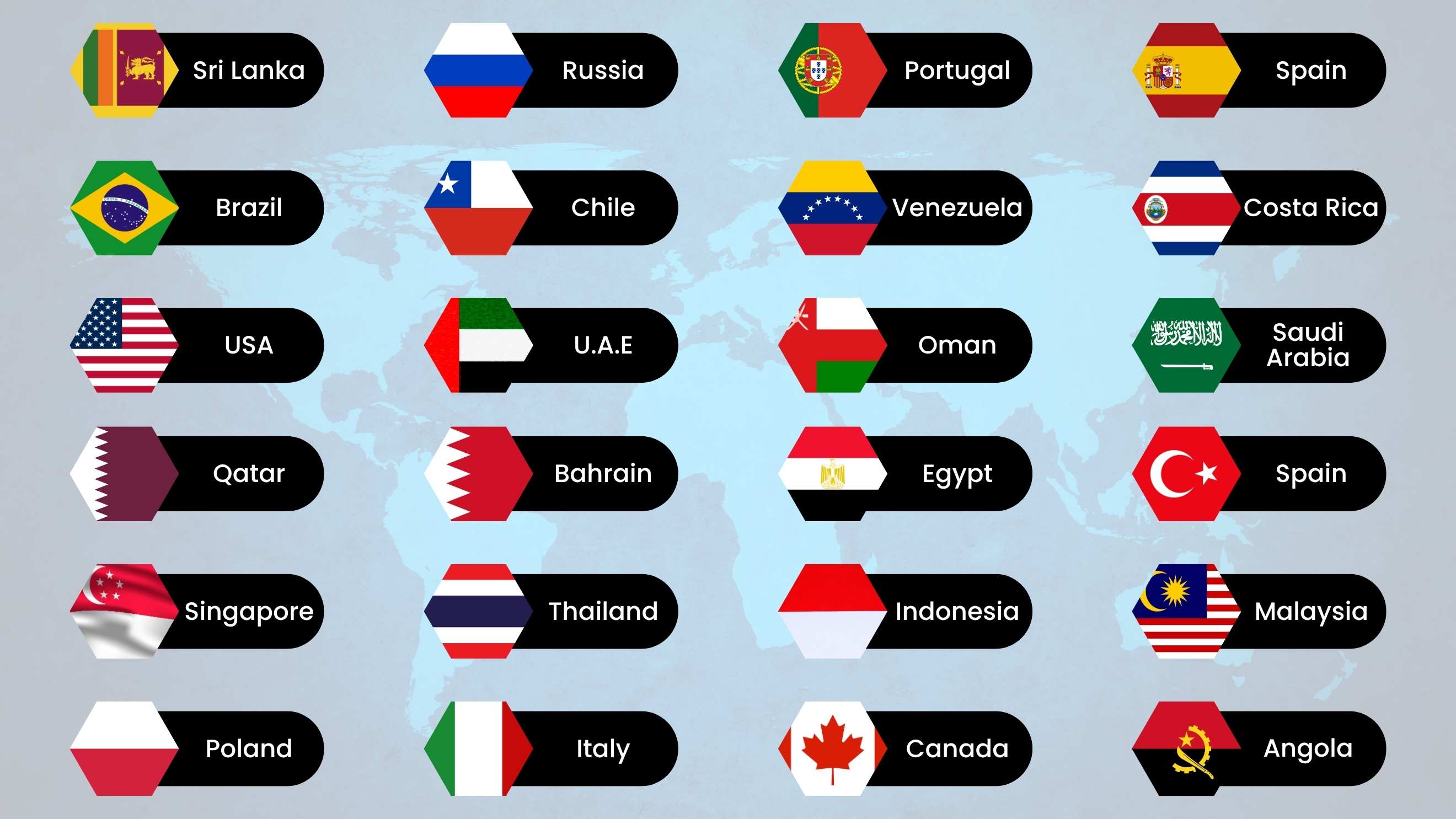Alloy 28 is a high-alloy austenitic stainless steel designed for service in highly corrosive environments. Its advanced metallurgy provides exceptional resistance against general corrosion, pitting, crevice corrosion, stress corrosion cracking (SCC), and intergranular corrosion.
| Material | C (max %) | Cr (%) | Ni (%) | Mo (%) | Cu (%) | W (%) | Co (%) | Others |
| Alloy 28 | 0.02 | 27 | 31 | 3.5 | 1.0 | - | - | - |
| Alloy 904L | 0.02 | 20 | 25 | 4.5 | 1.5 | - | - | - |
| UNS N08020 | 0.07 | 20 | 34 | 2.5 | 3.3 | - | - | Nb |
| Alloy 825 | 0.05 | 21.5 | 42 | 3 | 2.3 | - | - | Ti |
| Alloy G | 0.03 | 22 | 45 | 6.5 | 2 | 1.0 | 2.5 | Nb |
| Alloy C | 0.08 | 15.5 | 54 | 16 | - | 4 | 2.5 | - |
Alloy 28 was originally developed for phosphoric acid production, particularly in heat exchangers, where corrosive conditions are severe. Laboratory tests confirm Alloy 28’s superior resistance to chlorides (Cl⁻) and fluorides (F⁻) compared to other high-alloy materials.
| Alloy | Corrosion Rate (mm/year) | Corrosion Rate (mpy) |
| Alloy 28 | 0.03 | 1.2 |
| Alloy 904L | 0.10 | 4.0 |
| UNS N08020 | 0.23 | 9.2 |
| Alloy G | 0.03 | 1.2 |
Key Points:
| Grade | SCC (Boiling 43% NaOH + 6.7% NaCl, 142°C / 288°F, 500h) | General Corrosion Rate (mm/year) 99°C / 210°F | 135°C / 275°F |
| Alloy 28 | No | 0.008 (28% NaOH) | 0.074 (43% NaOH) |
| Alloy 800 | Yes, cracks <120 µm | 0.011 | 0.397 |
| Alloy 904L | Yes, cracks <150 µm | 0.013 | 0.301 |
Alloy 28 demonstrates high critical pitting temperature (CPT) in chloride-bearing environments, outperforming Alloy 904L and Alloy 825 even in acidic chloride solutions.
ASTM G-48 Method B (6% Fe³⁺ chloride) testing shows Alloy 28 has better crevice corrosion resistance than Alloy 825.
Ordinary austenitic steels (AISI 304/316) are susceptible to SCC in chloride-bearing solutions >60°C (140°F). Alloy 28, with 27% Cr and 31% Ni, shows excellent SCC resistance in laboratory and field conditions, including environments containing hydrogen sulfide.
TTC diagrams (ASTM G-28) confirm Alloy 28 can remain in the critical 600–700°C (1100–1300°F) range for at least 30 minutes without intergranular attack. Less susceptible to welding-related corrosion than Alloy 904L.
| UNS Number | N08028 |
| ISO Number | 4563-080-28-I |
| EN Number / Name | 1.4563 / X1NiCrMoCu 31-27-4 |
| W.Nr. | 1.4563 |
| Product Standards | ASTM B668, EN 10216-5, ASTM B709, EN 10088-2, ASTM A403 |
| Approvals | ASME Section I, III, VIII, NACE MR0103, NACE MR0175/ISO 15156 |
Alloy 28 is widely used in:
We export our stainless steel and alloy steel products across the globe, trusted for our quality, reliability, and commitment to every customer.
